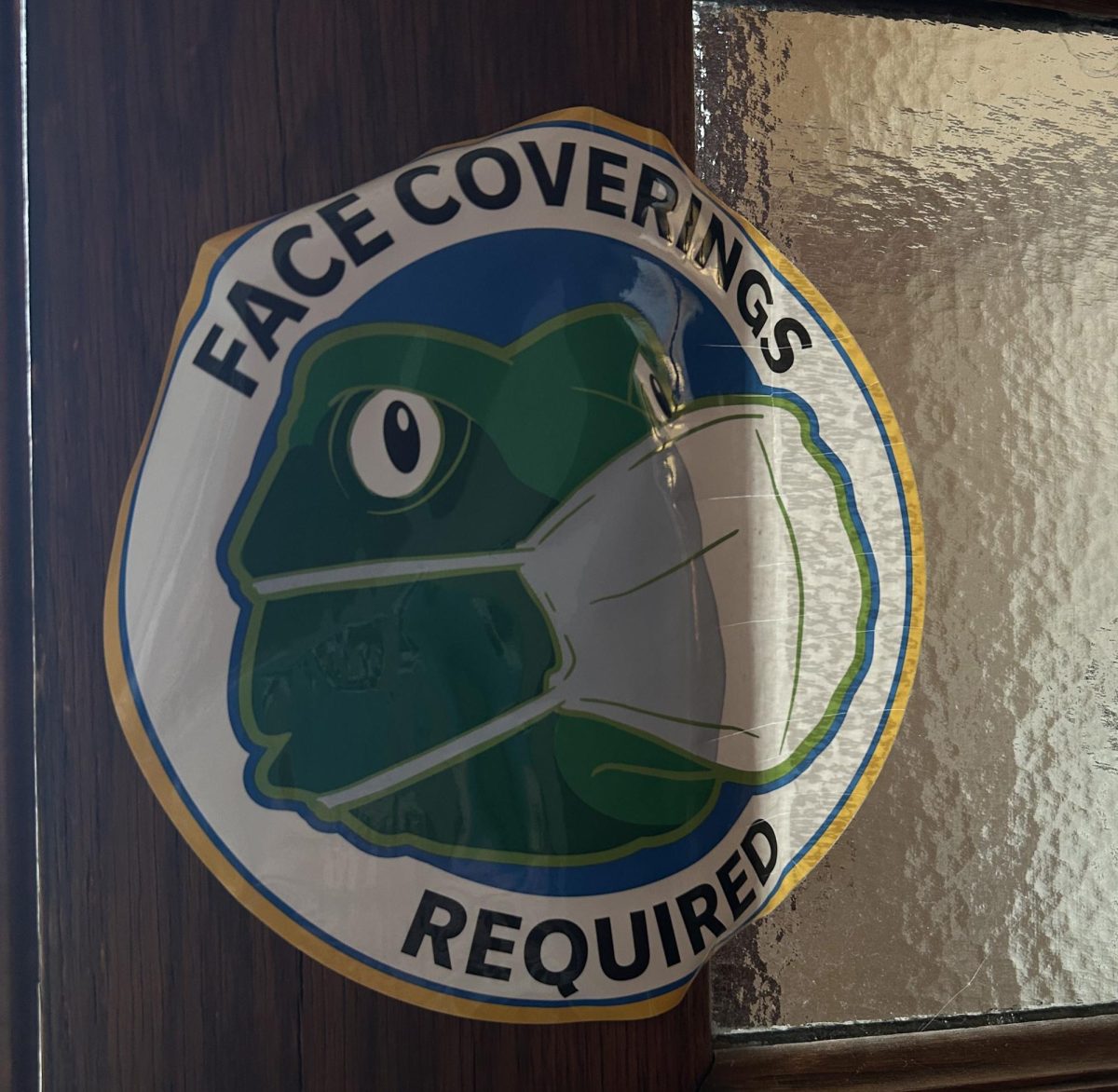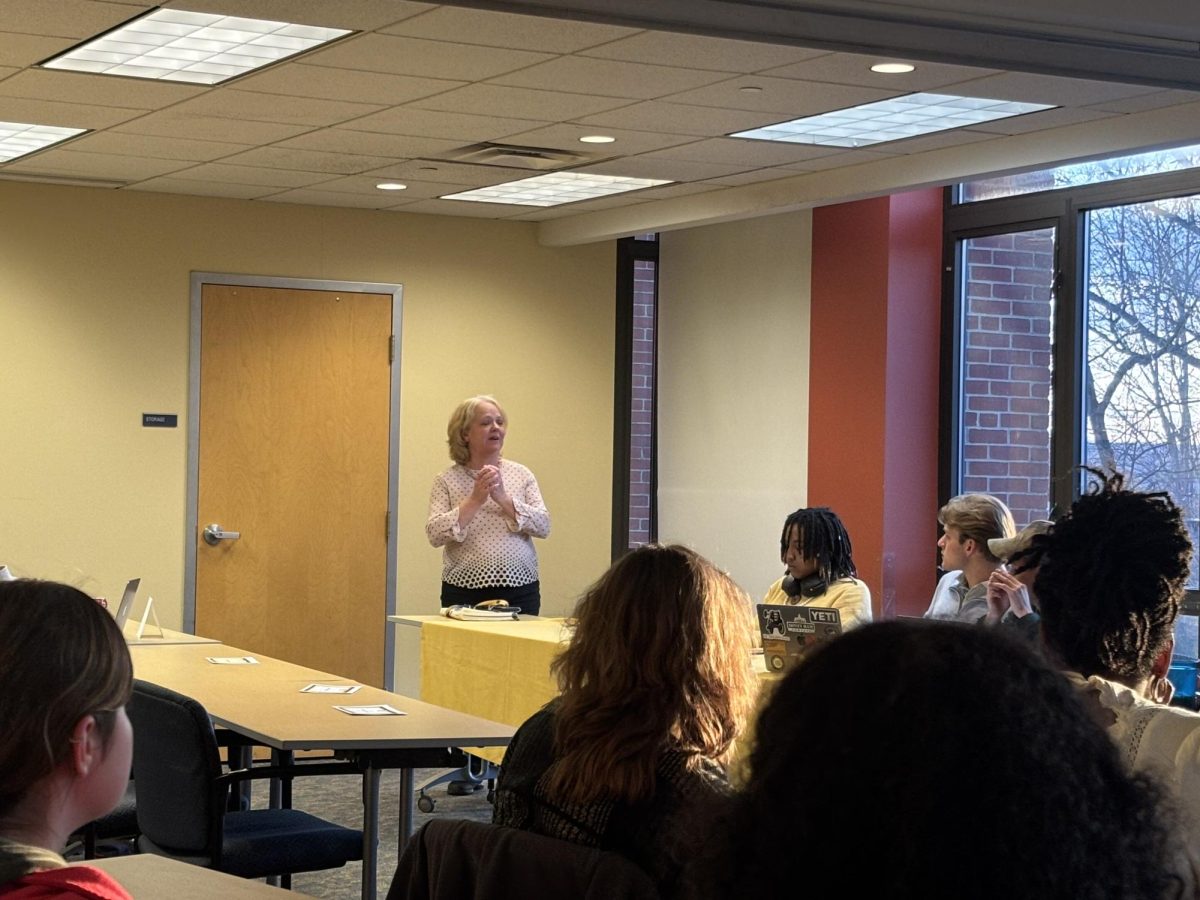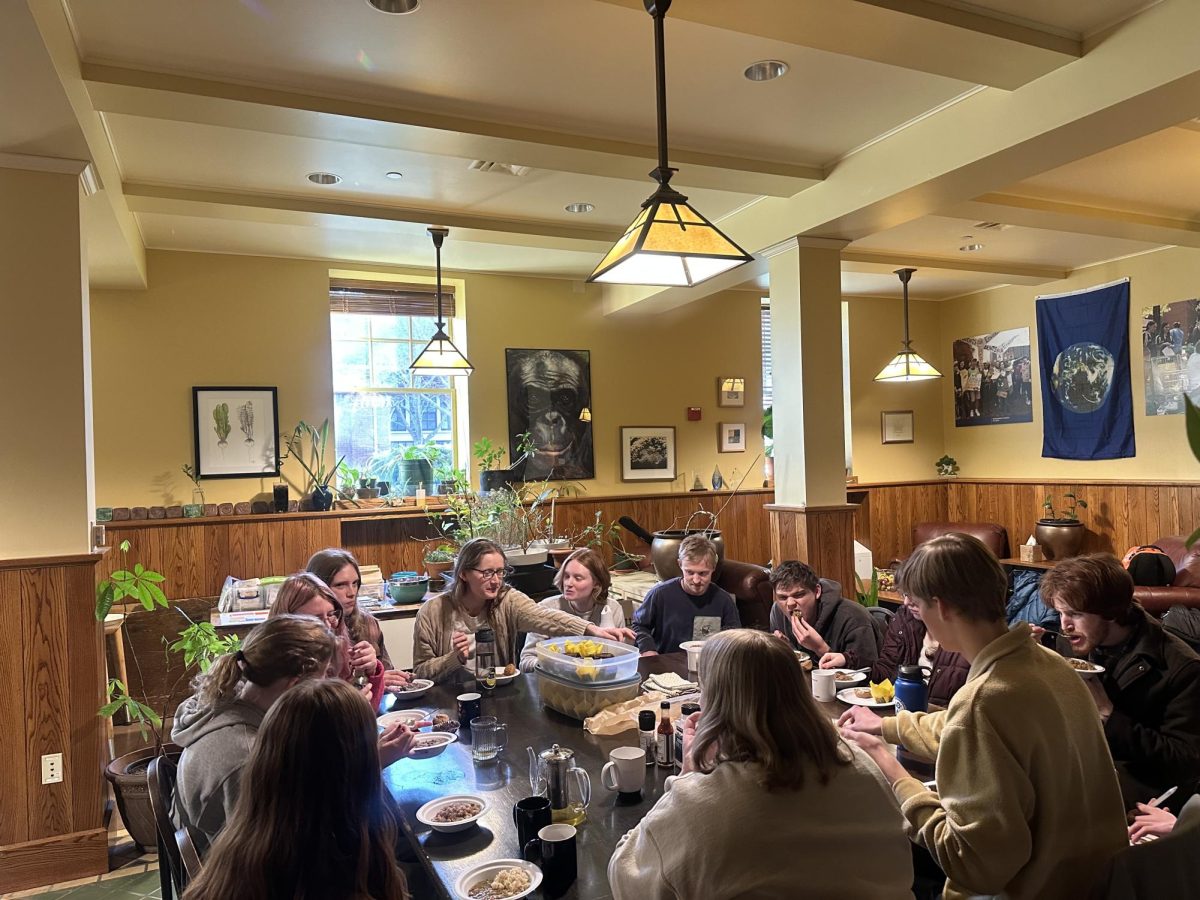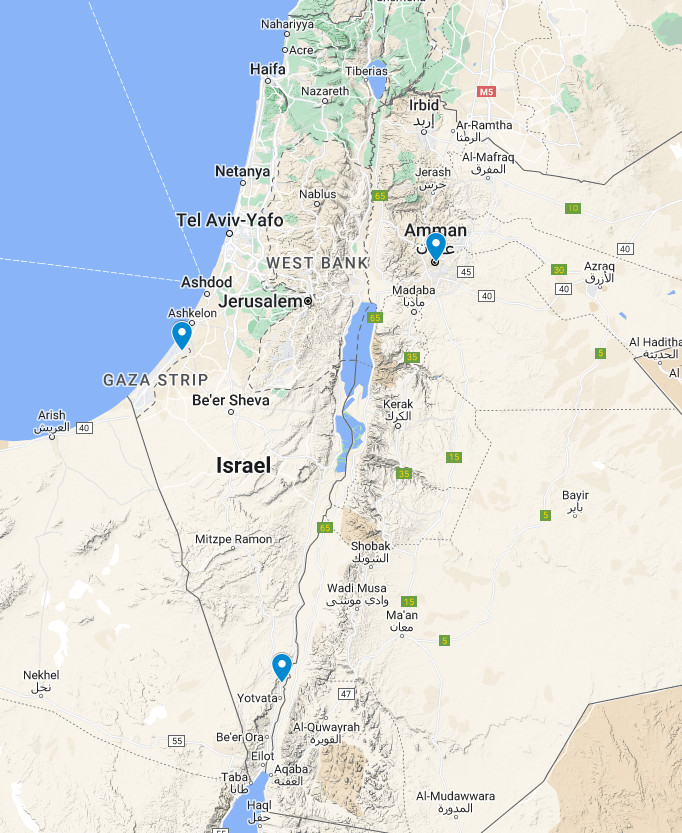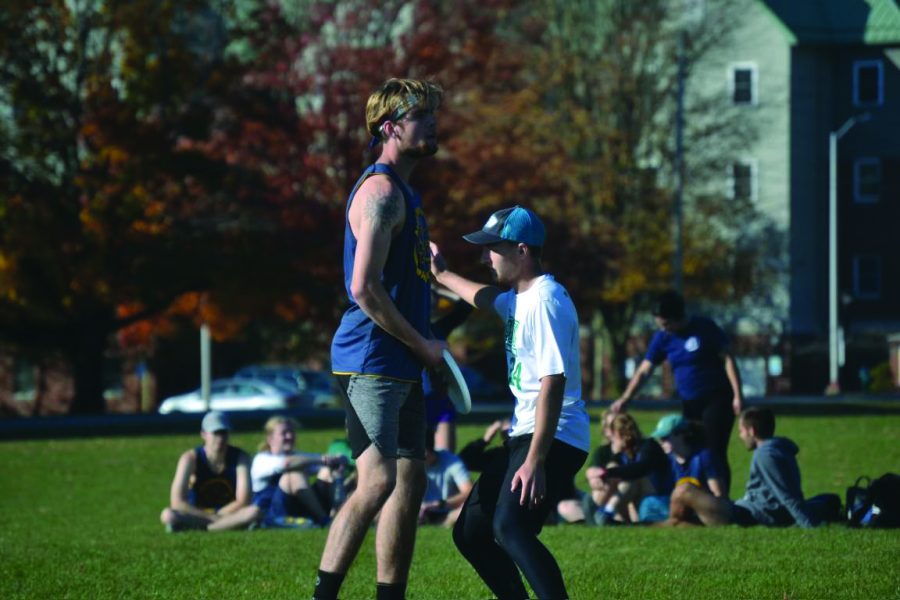By ELAINA MERCATORIS
While protesters continue to stand their ground in Cairo, the government situation in Egypt will just take time as it has in Tunisia, said a visiting professor of Arabic at Allegheny College.

“When the government left, things went back to normal,” said Noureddine Cherif, a Tunisian native. “There was no more violence in the streets but people are still demanding. It’s the only occasion that they will ever have to get all of their demands fulfilled or answer.”
While schools, banks and the stock market remain closed in Egypt, journalists, bankers, police officers and people of various other professions began protesting for wage increases and better treatment Tuesday.
With former president Hosni Mubarak gone and the Parliament dissolved, the protester’s demands are being checked off. Four officials from the former ruling party were arrested Thursday.
“It’s not going to make a difference if they changed just one person,” Cherif said.“What’s going to happen next is protesters are going to ask for the removal of the full current party because they don’t want anything related with the Mubarak government, which means they have to dismiss all of the members.”
With the military in charge, elections will be held when its leaders think the country is ready.
“I think that people are starting to trust the military more than the police,” Cherif said. “I think Egypt people are moving towards recovery–they are starting to find a solution for your problem.”
The breaking news that Mubarak resigned left a smile on his face.
Robert Raimond, ‘12, an Allegheny student studying abroad at American University in Cairo, will never forget when he heard the news and how it affected the people.
“I went to Tahrir to watch the fireworks and after to a bar where everyone was dancing and singing and cheering,” he said. “I’ll never forget it because that was the first time [my apartment security man] hugged me.”
A problem arises when election time comes and there are no parties.
“If you asked me now to choose another president [for Tunisia], I don’t know,” Cherif said. “From the time I was born, I only know [former president Zine El Abidine] Ben Ali.”
Opposing parties were never allowed to develop so the process of forming parties, finding representatives and debating views will take time, he added.
“I hope that everything is going to be alright, but I think it’s going to take more than a couple of months,” Cherif said.
As protests rage across the Middle East and North Africa, Cherif said all Americans can do is show their support in Egypt as protestors fight for democracy.
“People have to stand by the people who are asking for more freedom,” Cherif said. “They are not asking for anything impossible. They are just asking for more freedom, for more democracy, for more freedom of speech, which are the normal rights that everyone has to have.”
Senior Monica Rezk, whose parents were born and lived in Egypt, questions whether the protests would have made such a difference without the success in Tunisia.
“People for a while have been unhappy with the government, but no one even thought to speak out against the government until things happening in other countries sparked it,” she said.
Raimond experienced the action first hand.
“I saw bloody bandages and blood all over 6th October Bridge,” said Raimond in an e-mail. “I watched as a man, who was bleeding and could not walk, was loaded into the back of a car to be taken to the hospital.”
Although Raimond and Penelope Shepherd, ‘12, also studying in Cairo, helped to offer first aid to people who had been tear-gassed, neither joined the protests.
“I do not believe as an American I have any right to actively protest against another country’s government,” Raimond said.
Cherif said there is no need for intervention from the U.S.
“It’s not a question of money,” he added. “It’s not a question of financial aid. It’s not a question of military aid. It’s a question of help, like moral help.”
Raimond agreed with the United States’ decision not to get overly involved in the situation.
“It’s up to the Egyptians to decide the future of their country, not Barack Obama,” he added.
Rezk feels positive about the future of her family’s country because people are now educated about the stagnant government.
“People have never had so much pride in their country,” she said.
But when former Vice President Omar Suleiman attacked international media for implanting the ideas of revolution in the youth, Egyptians became hostile towards foreigners, Shepherd said.
“All of a sudden foreigners were the enemy because we were causing violence by publicizing it,” she said, in an e-mail. “I no longer heard ‘Welcome to Egypt,’ instead [I heard] ‘Why are you here?’ when walking down the streets.”
Civilians were also on the lookout for spies.
Shepherd recalled a time when men, one with a machete and taser, accused she and other Americans of being Israeli spies.
She left Egypt last week to study at Hebrew University in Jerusalem but Raimond stayed.
“I love it here,” he said. “The people are by far the nicest and Cairo has a feel unlike any other city in the world.”
Shepherd recounted a story when an Egyptian man she didn’t know offered her money to buy food after the banks had closed.
“I’m very excited for Egypt and have a lot of hope for a peaceful transition into democracy because I think the Egyptian people will not stand for anything less,” she said.



